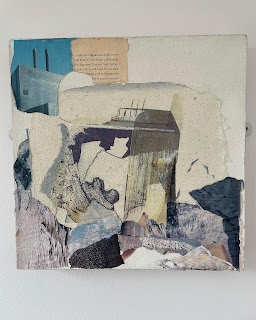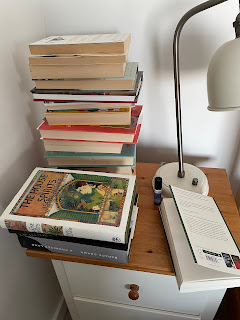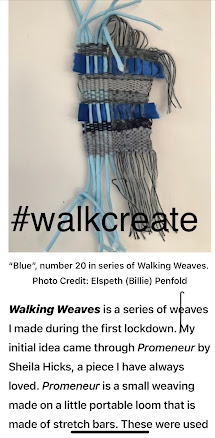Reclaiming the Narrative
An exhibition with The Power of Women 2022 at Turner Contemporary.
curated by Lucy Edematie
March 4, 5 & 6.This is an introduction to my installation and an invitation to please join me in :
A rewriting of the census through Quipus with Thread and Word
As many of you know I enjoy collecting stories. I am from Latin America, born in Bolivia. I was spoken to in Quechua by Justina who looked after me as a child. Quechua is the language of the Andean people it offers a different way of looking at the world.
In the Quechua language no one word exists on its own,
every word’s meaning exists ony in relation to another word. This opens up the possibilities of a many-layered worldview and is a shift away from the linearity of the way of thinking proposed by the age of enlightenment.
The UK is home to around 250,000 people of Latin American origin. They now form the largest generation of British-born Latin Americans. We are one of the country’s fastest-growing ethnic groups. This includes my three sons who are born in London, but we are “invisible” not included in official policies, and almost absent in media portrayals.
Although British Latin Americans are increasingly visible in the arts, their political and wider representation still lags behind. Most strikingly, Latin American ethnicity is not recognised as a distinct category on the national census or other official forms.
Re-writing the Census is an invitation. to think through craft. To acknowledge the omissions of present census categories and to include all those who feel ‘othered’ or omitted. The Inca civilisation, which predates the arrival of Columbus in South America, used textiles rather than written text to record their stories. They used ropes called Quipus and these were knotted to record and document valuable information.
Textiles allow us to create multilayered narratives through the drawing together of many threads. Through touch, we experience an alternative language. Through the meditative knotting of these ropes, we can acknowledge the complexity of identity and the difficulties offered by single-word definitions.
My installation at Turner Contemporary offers visitors the oppoprtunity to take a rope, feel the chords, have a think, and knot the rope as a mnemonic tool to record the need to create a language that allows for complexity and inclusivity. Watch our quipu grow over the next few days.
If you would like to share your stories with me I will be at Turner Contemporary making ropes and creating knots between 1pm and 4 pm, on Saturday, March 5th, and Sunday, March 6th.
References, containing personal testimonies
The experience of not seeing oneself represented on a form – and instead of having to tick the “Other” box – can have a profound personal impact. “You feel like you don’t belong in society,”. For outsiders, it may seem like a “miniscule thing,” notes British-Chilean illustrator Javie Huxley. “But there’s a dehumanising effect when you’re not able to see yourself in the census.
The Canadian - Brazilian filmmaker Pizzichini’s documentary More than Other presents several teenagers who explain the cases of mistaken identity they confront on a daily basis. Moroccan, Asian, Turkish, Indian; you don’t look Cuban, you look Mexican. “I know where I’m from,” counters one. “And I’ll tell you that.”
Stubborn Archivist, the debut novel of British-Brazilian writer Yara Rodrigues Fowler, has been widely praised since its publication in July 2019 for distilling the British-Latin American experience of navigating multiple languages, countries, and identities.
for more about reclaiming the narrative and the artists involved: Reclaiming the Narrative




























